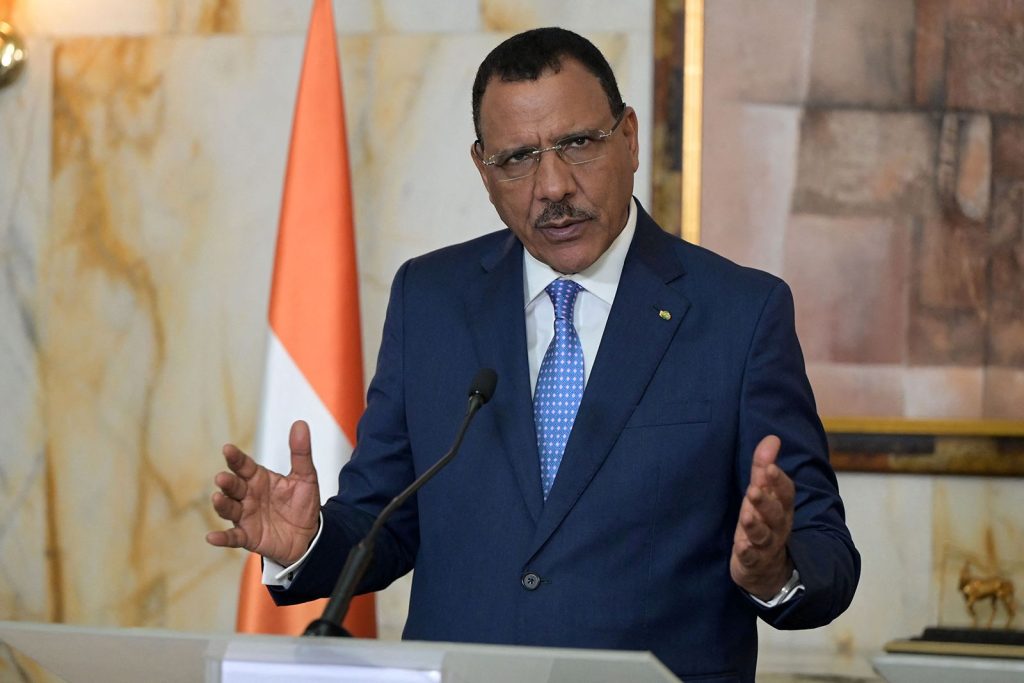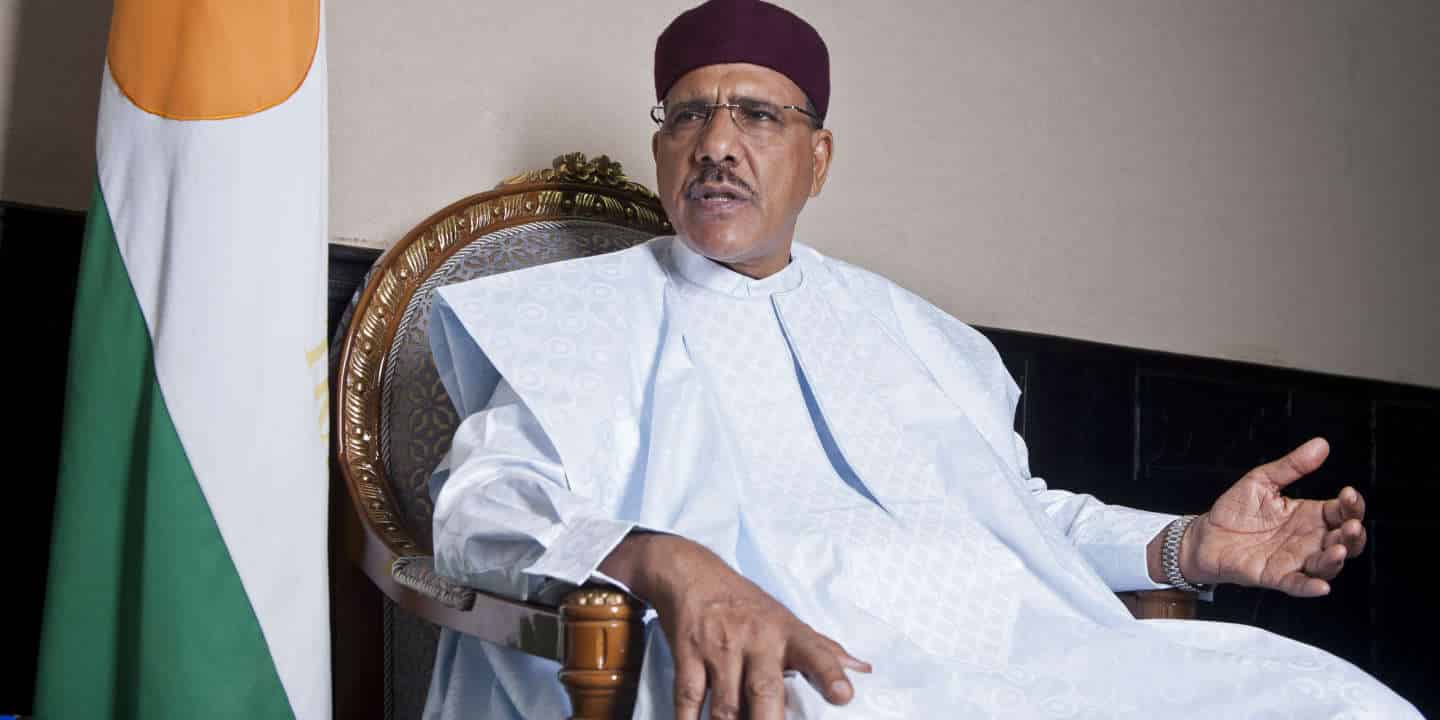Niger’s deposed President Mohamed Bazoum and his wife have been held under strict confinement in the presidential palace for two years since a military coup removed him from power, with their lawyers accusing the junta of using the couple as “human shields” to deter foreign military action.
Bazoum, 65, and his wife Hadiza, 57, have reportedly been confined to two windowless rooms in a wing of the palace since the July 2023 coup. The only permitted visitor is a doctor, who sees them once a week. They pass the time reading books brought in by the doctor and using a stationary exercise bike.
Despite showing signs of sleep disruption, the couple are said to be in good health and maintaining their morale, according to American lawyer Reed Brody, who had been in contact with Bazoum until his phone was confiscated in October last year. Since then, they have had no access to the internet, television, or outside communication.
The junta leader, General Abdourahamane Tiani, is reported to reside in the same building, leading to growing suspicions that Bazoum and his wife are being used as a strategic safeguard. Brody and other sources suggest their presence prevents any potential military strike on the palace, particularly after regional bloc ECOWAS had threatened intervention to restore Niger’s constitutional order following the coup.

Although the junta has offered to release Hadiza, she reportedly refused to leave her husband’s side. Their 23-year-old son Salem, who had also been detained, was freed early last year following mediation led by Togo.
Bazoum, who won the presidency in 2021, has not stepped down, with those close to him saying his decision not to resign reflects his commitment to democratic principles. “Resigning would betray his oath,” said a source familiar with his position.
In the wake of the coup, the military regime said it planned to charge Bazoum with crimes including treason, which carries the death penalty in Niger. However, despite lifting his diplomatic immunity and launching a preliminary investigation, no formal trial has been initiated. Legal experts suggest the junta is reluctant to move Bazoum to prison, preferring to keep him nearby.
Efforts to secure his release through legal channels have so far failed. Both the United Nations and the ECOWAS court have ruled that Bazoum’s detention is arbitrary and unlawful, but with Niger no longer a member of ECOWAS, diplomatic options have narrowed.
Brody said the legal avenues have now been exhausted, and only political negotiations can lead to the couple’s freedom. According to several sources, discussions involving Qatar and Niger have been quietly ongoing, though no agreement has yet been reached.
The rights group Human Rights Watch renewed its call for Bazoum’s immediate release this week, describing the situation as “exceptional” and urging the international community to act.


 Trending
Trending 







